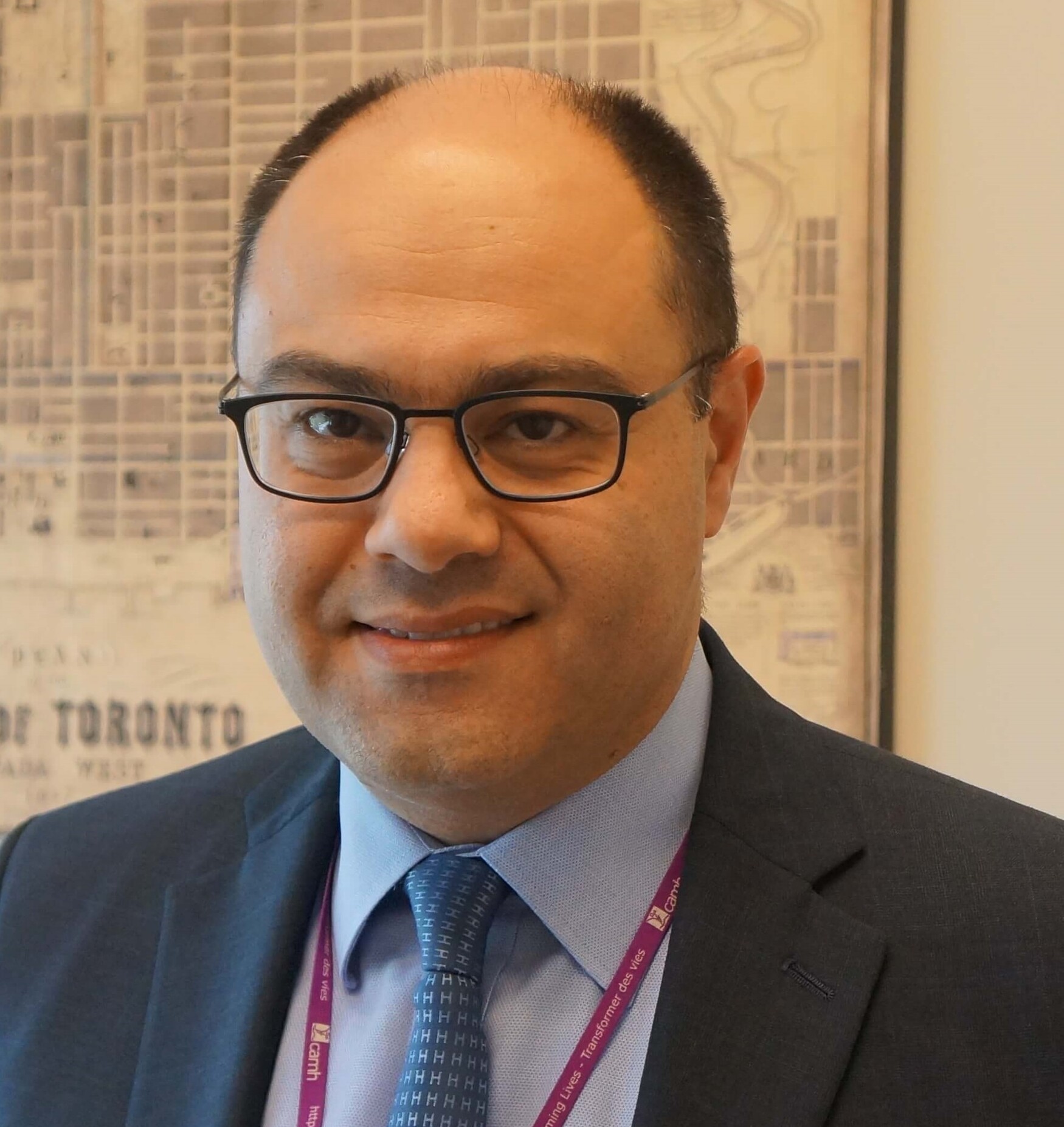
Every three seconds, someone around the world develops dementia. Currently 50 million people are living with it and by 2050, this number is expected to triple. Dementia affects not only the person living with it, but also their partners, siblings, children, friends and colleagues.
On this year’s World Alzheimer’s Day, I invite us to pause and remember the people we know who are living with dementia in 2020, including those weathering this life-changing pandemic as well as those who we have lost during this pandemic. Some people are living with dementia in their own homes but isolated from their usual network of friends and family. Others are living in retirement homes where their routine of daily activities has dramatically changed to ensure safety for residents and staff. And others may be living in long-term care homes where the fragility of the system is greatly affecting their needs and dignity.
Notwithstanding these challenges, there is hope in the science of dementia. We are discovering better ways to accurately diagnose Alzheimer’s disease. We are learning more and more about risk factors that could potentially be targeted and modified to prevent dementia. And we are innovating novel approaches to care for people living dementia and their caregivers/care partners.
The Toronto Dementia Research Alliance (TDRA) is a University of Toronto network of scientists across five partner institutions - University of Toronto, Baycrest, Centre for Addiction and Mental Health, Sunnybrook Health Sciences Centre, and University Health Network - dedicated to the prevention, treatment and care of Alzheimer’s disease and related dementias. At the benches of basic science, new pathways and potential targets are being discovered. In translational research labs, new markers of disease are being evaluated to personalize treatments. And in outpatient, inpatient, and long-term care settings, innovative behavioural, drug, brain stimulation, and models of care interventions are being tested.
Working together as scientists and health care providers, and with community partners, learners, people living with dementia and families, we are hopeful that over the next decade we can accelerate dementia research and have a meaningful impact on the lives of people living with it.
Sincerely,
Dr. Tarek Rajji, MD, FRCPC
Executive Director, Toronto Dementia Research Alliance